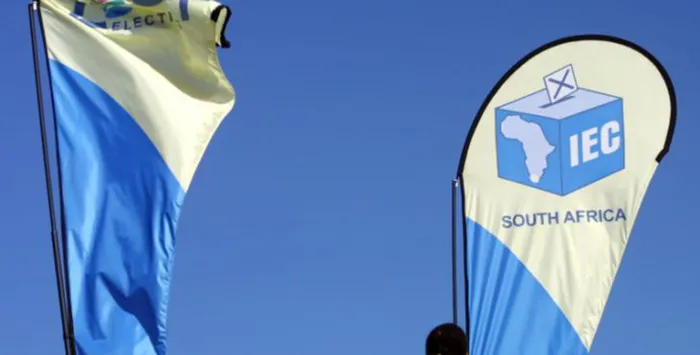Court to decide on 12m voters’ fate

Tania Broughton
The fate of 12 million voters in South Africa who may not be eligible to vote in the upcoming local government elections – and the fate of the election itself – are in the hands of the Constitutional Court, which will today begin hearing arguments in a case said to be of “the greatest constitutional importance of all”.
The Independent Electoral Commission (IEC) and political parties have engaged the services of the best lawyers to thrash out solutions to legal pronouncements dealing with the “busing in” of voters to the polls, which have placed in jeopardy the possibility of the election being held on August 3 or, as the IEC says, “the unthinkable notion of registered voters being denied their right to vote”.
Among the proposals is one by the IFP that the court allow these voters a “provisional ballot” on the day. But their addresses be verified before their votes are added to the tally – a voting system already in place in the US and Australia.
The IEC, as applicant, and major political parties, as respondents, have been granted direct access to the court because of the urgency of the matter and logistics flowing from any decision the court makes.
The IEC is seeking to appeal and set aside a ruling by the Electoral Court involving a controversial by-election in Tlokwe – apparently giving effect to a previous Constitutional Court ruling – that the IEC must obtain the addresses of all 25.6 million registered voters and furnish these to political parties for verification.
The IEC now wants clarity from the court on whether this is correct or whether, on its own interpretation, it only has a duty to furnish political parties with addresses, which it has available to it.
If the court turns down the appeal, it then seeks an order waiving the address requirement for these elections, the next general elections, and giving it until June 2020 to get the roll up to date, “because it is impossible to comply, because even after two successful weekend registration drives there were still 12.2 million voters without any or incomplete addresses”.
“It is hard to imagine a case of greater constitutional importance,” it said.
The ANC supports the IEC, but opposition parties have questioned how, in these circumstances, the election could be deemed to be “free and fair”.
“Where no addresses are provided on the voters rolls, it is difficult, if not impossible, for political parties and other interested parties to check whether a voter resides within the ward in question.
“This leaves the roll open to abuse, particularly through busing in and voter registration manipulation,” IFP national chairperson Blessed Gwala says in his affidavit before the court.
The party, on the advice of its attorney, Lourens de Klerk, has set out details of the “provisional ballot” system, which allows voters without listed addresses being allowed to cast ballots and their votes being kept separately.
In this scenario, after the election, the IEC would publish a list of provisional voters giving political parties and other interested individuals time to lodge objections. If none are received, the vote will be counted. Any objections will be dealt with in terms of the laid-down objection process.
But the IEC says this is “both unlawful and practically unworkable”.
It says it contravenes legislation which governs who can vote, the counting of the votes and the time period for the declaration of the result.
The Tlokwe by-election candidates, all independents, have supported the IFP proposal but dispute that it would take until 2020 to obtain all addresses, saying this could be done easily through government and private databases.
“While it may not be an easy task, it is not impossible to do… the fact that the IEC obtained addresses for a quarter of the voters roll in one month proves that,” they say.
The DA says the election must go ahead, “even if it’s not in full compliance” with the addresses ruling.
But, it argues, the IEC must be put on terms to ensure complete compliance by 2018, a year before the next general election and that the leniency afforded to it for this election, not extend to any by-elections “which occur on a far smaller scale and have a greater potential for manipulation”.